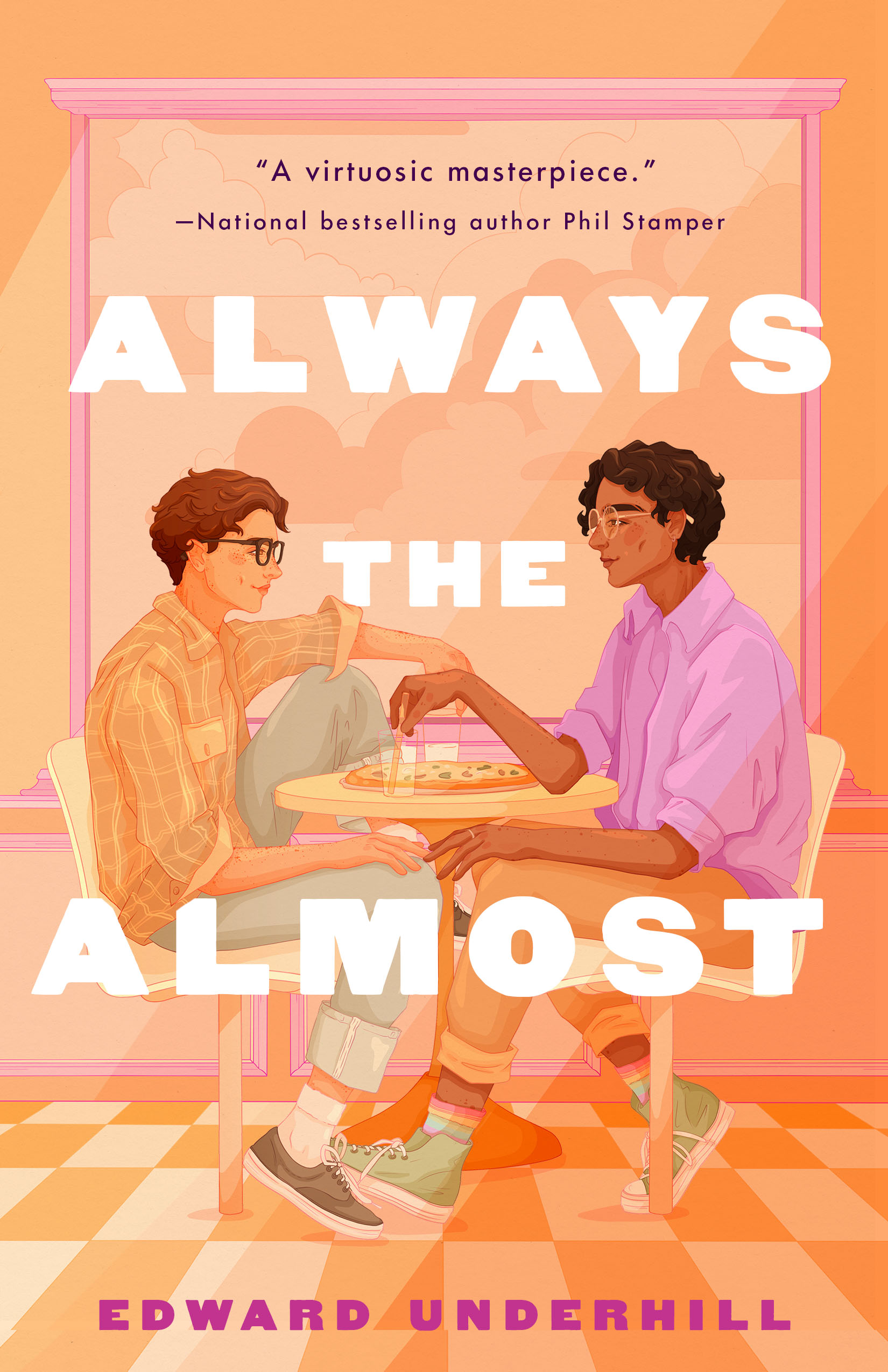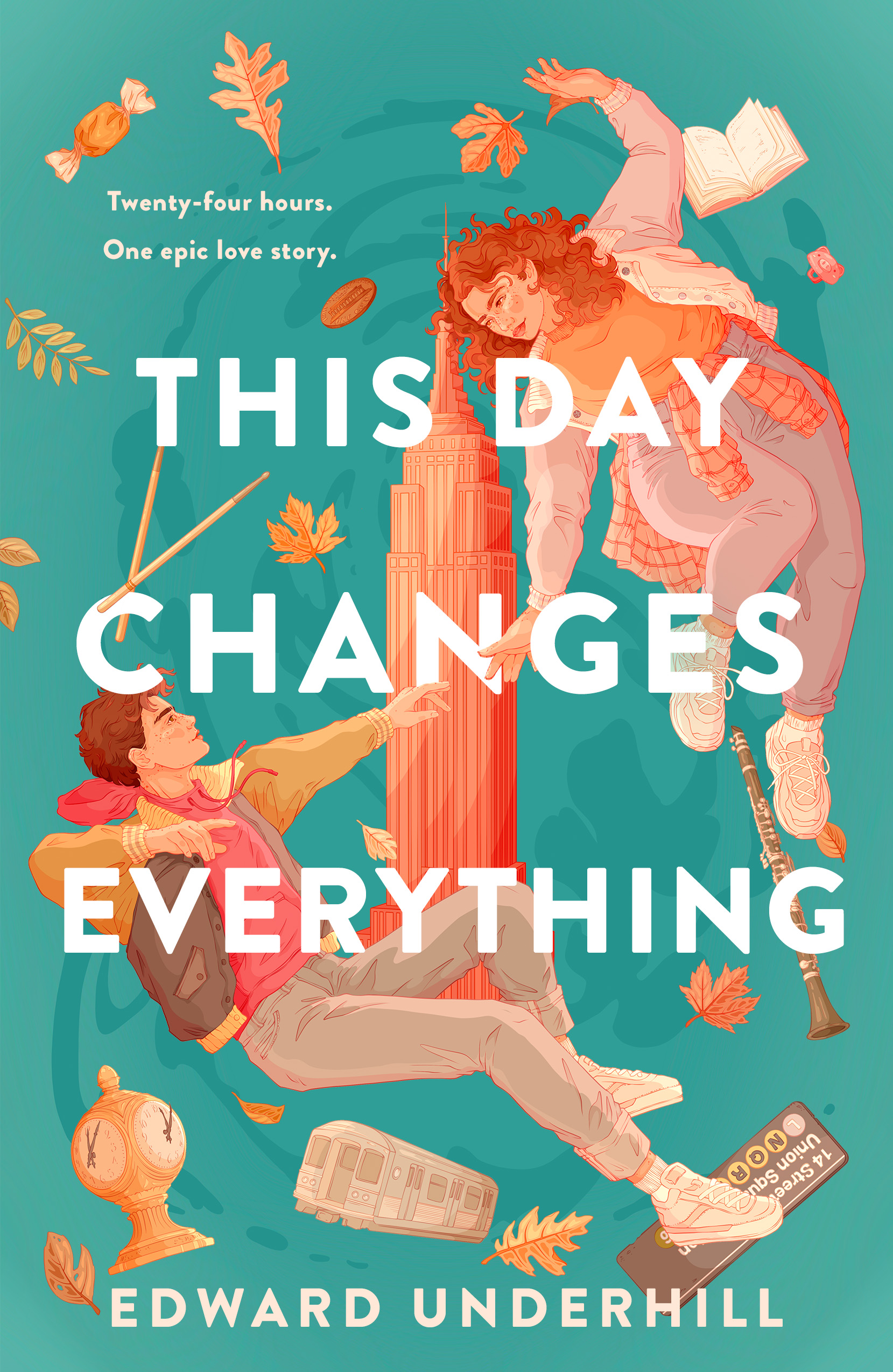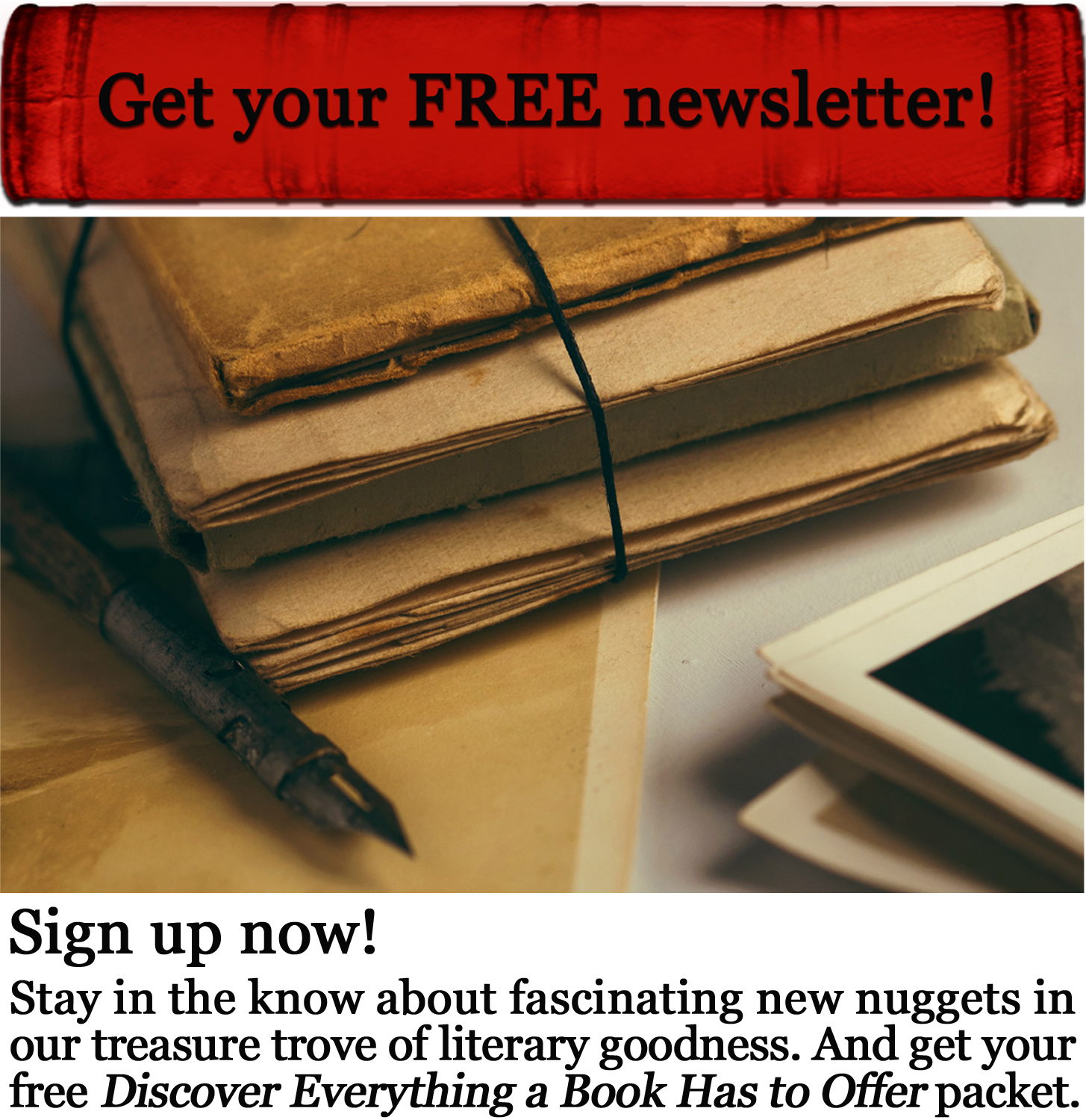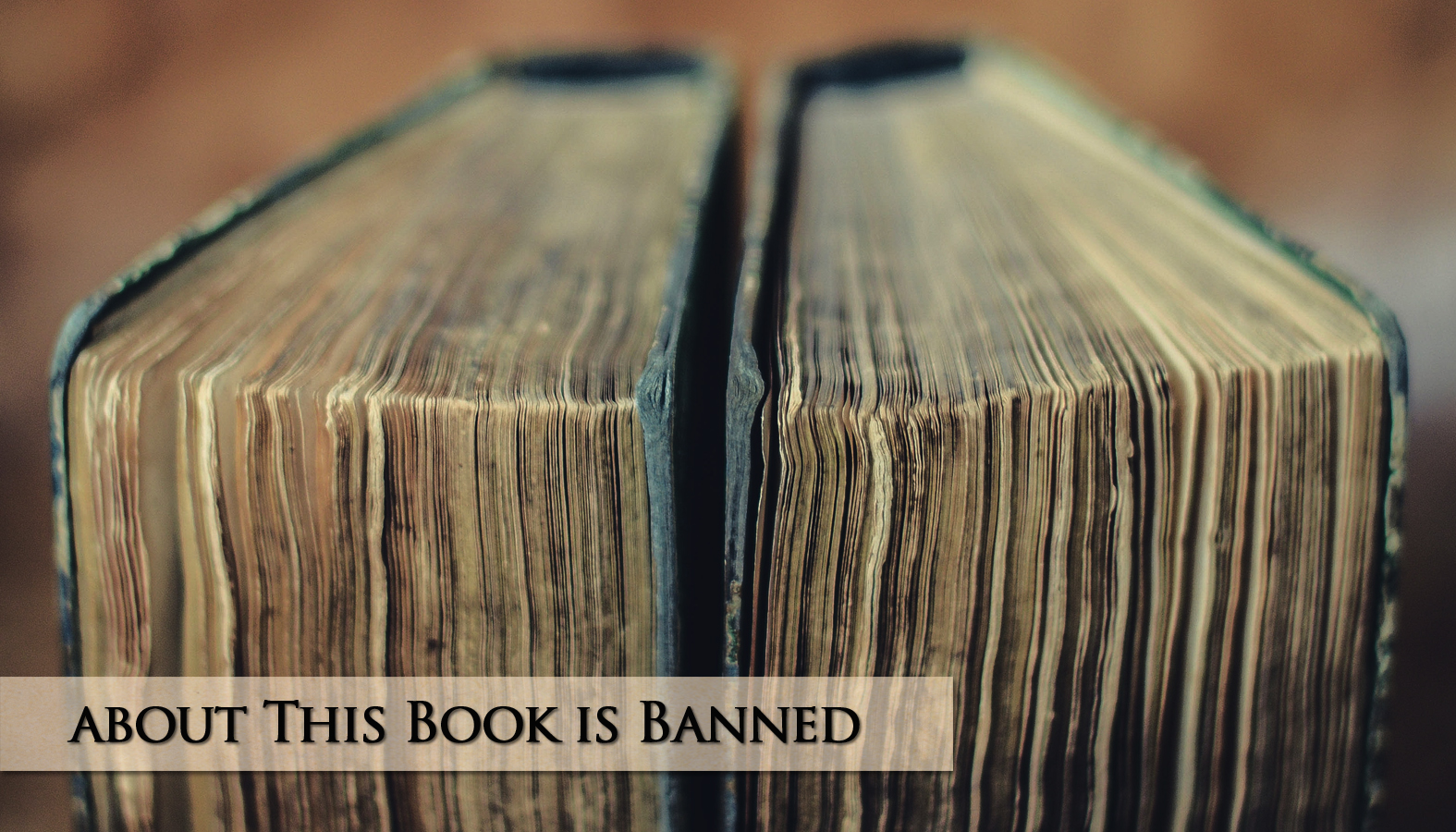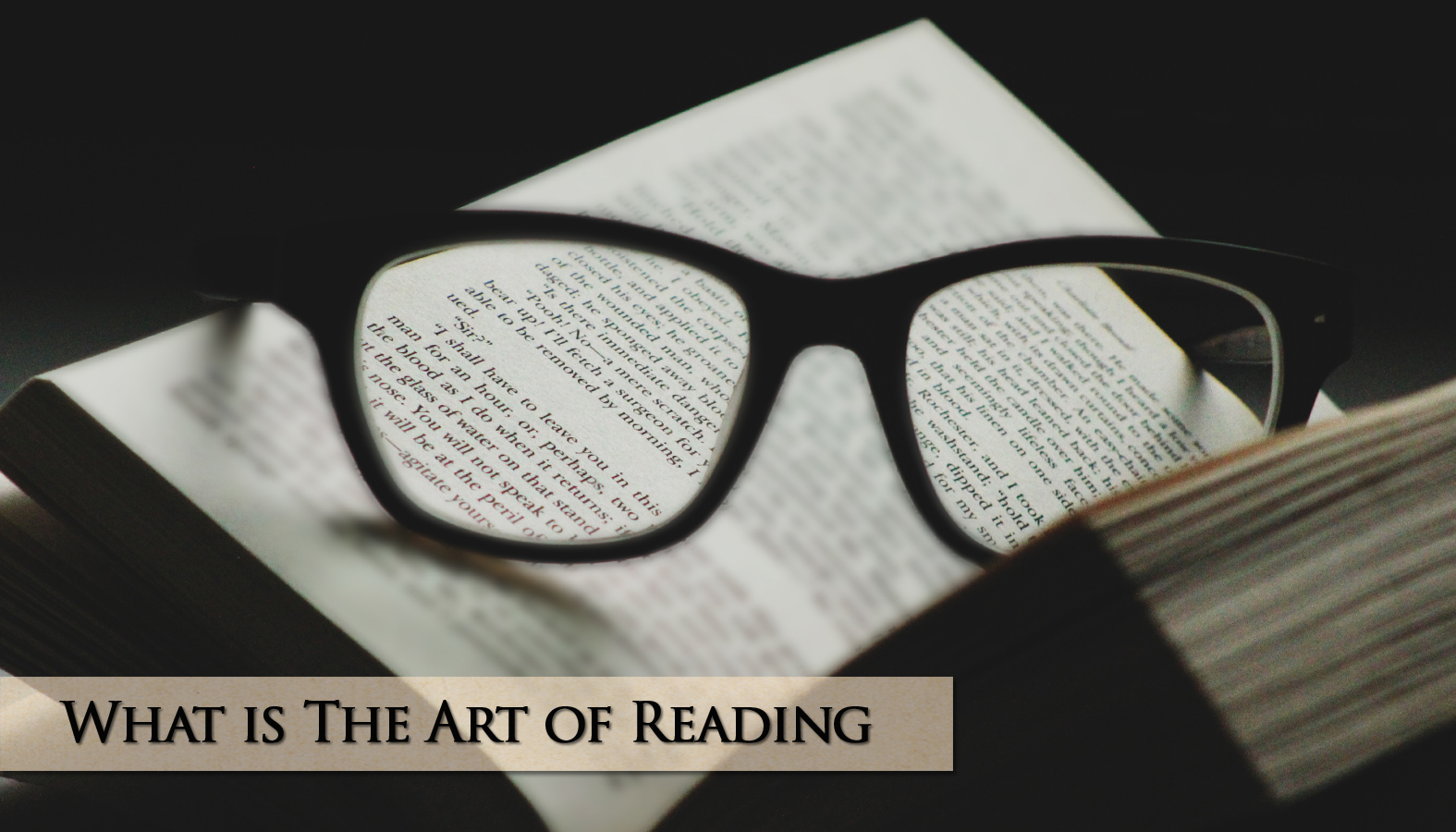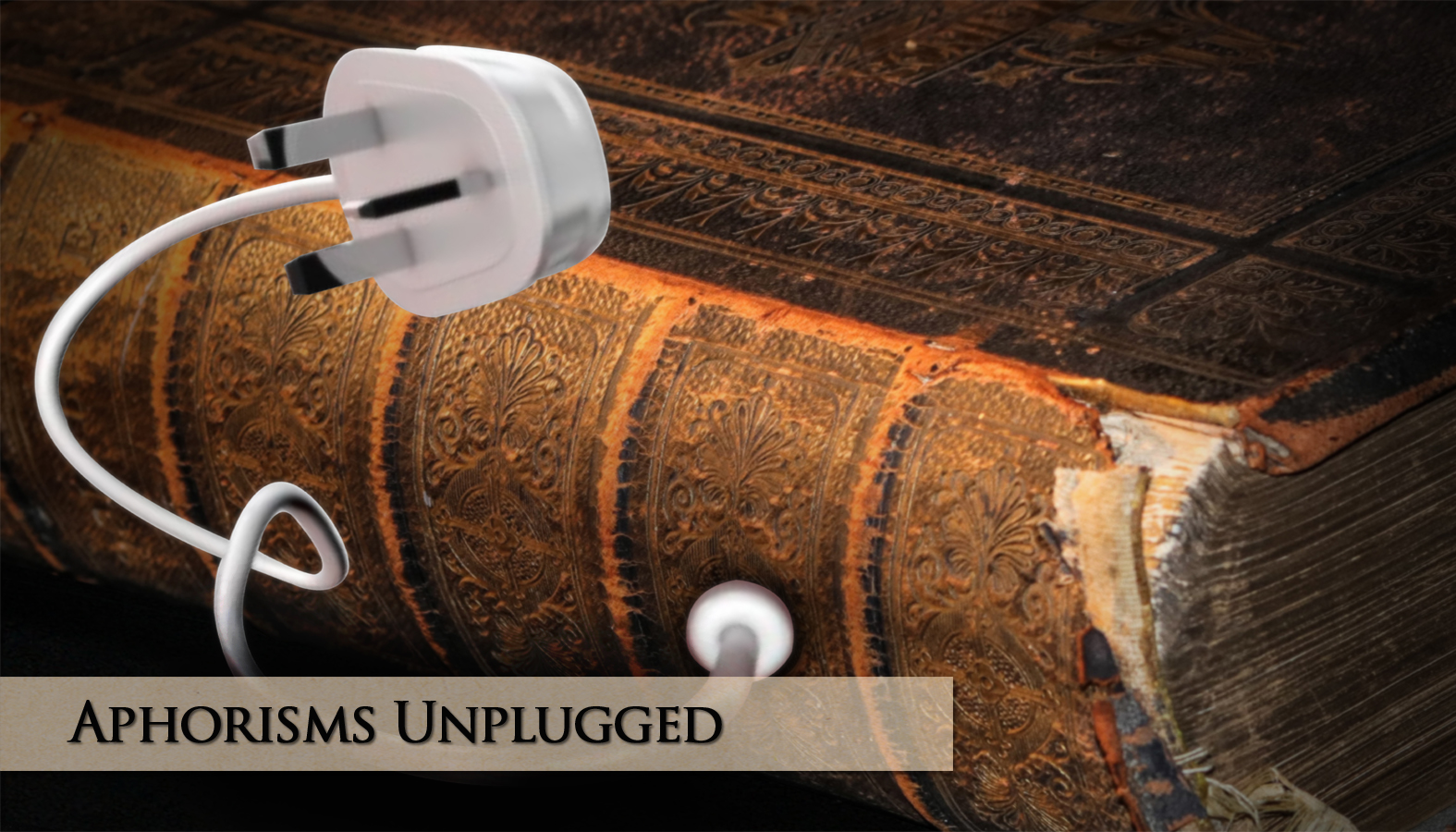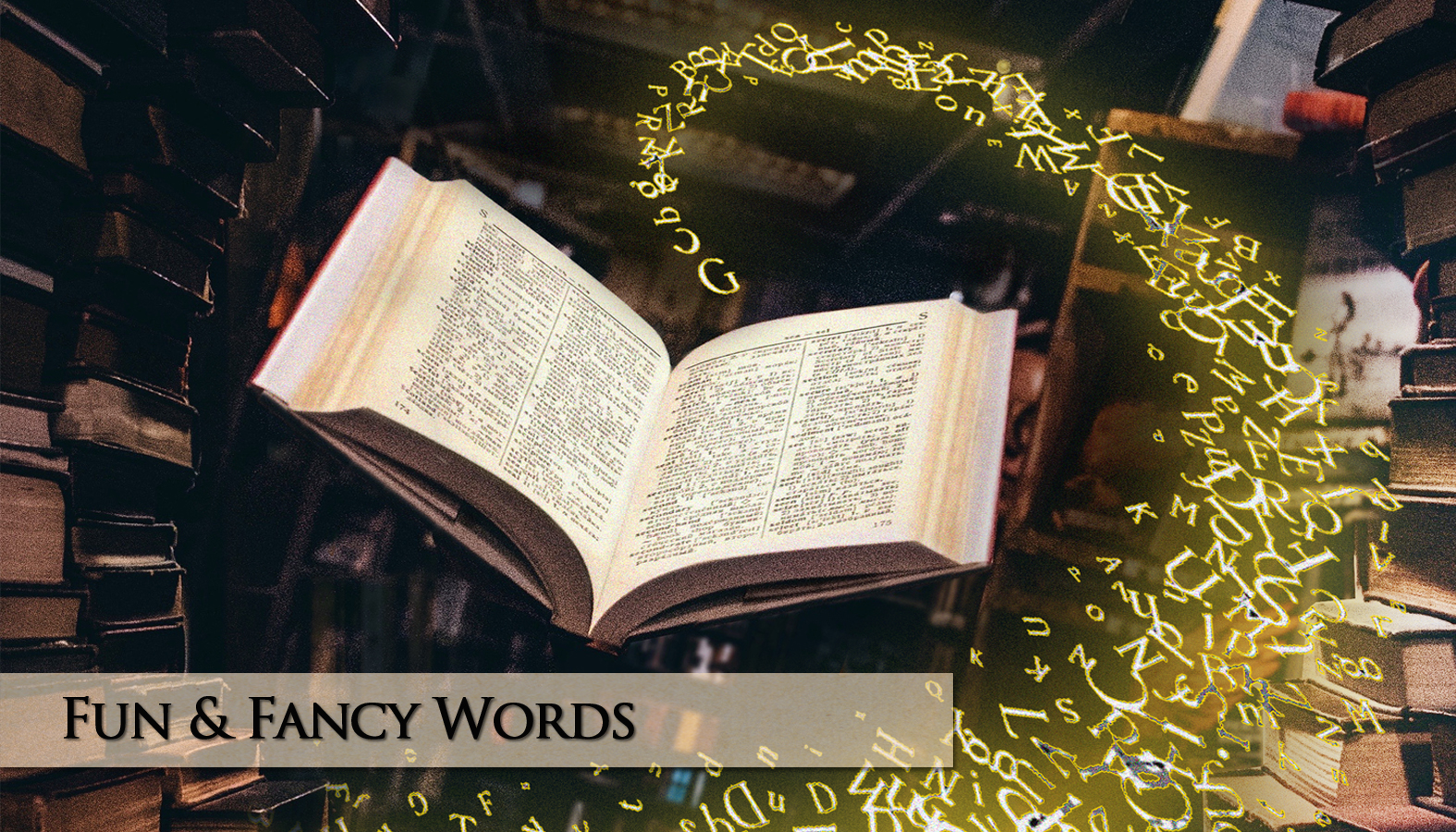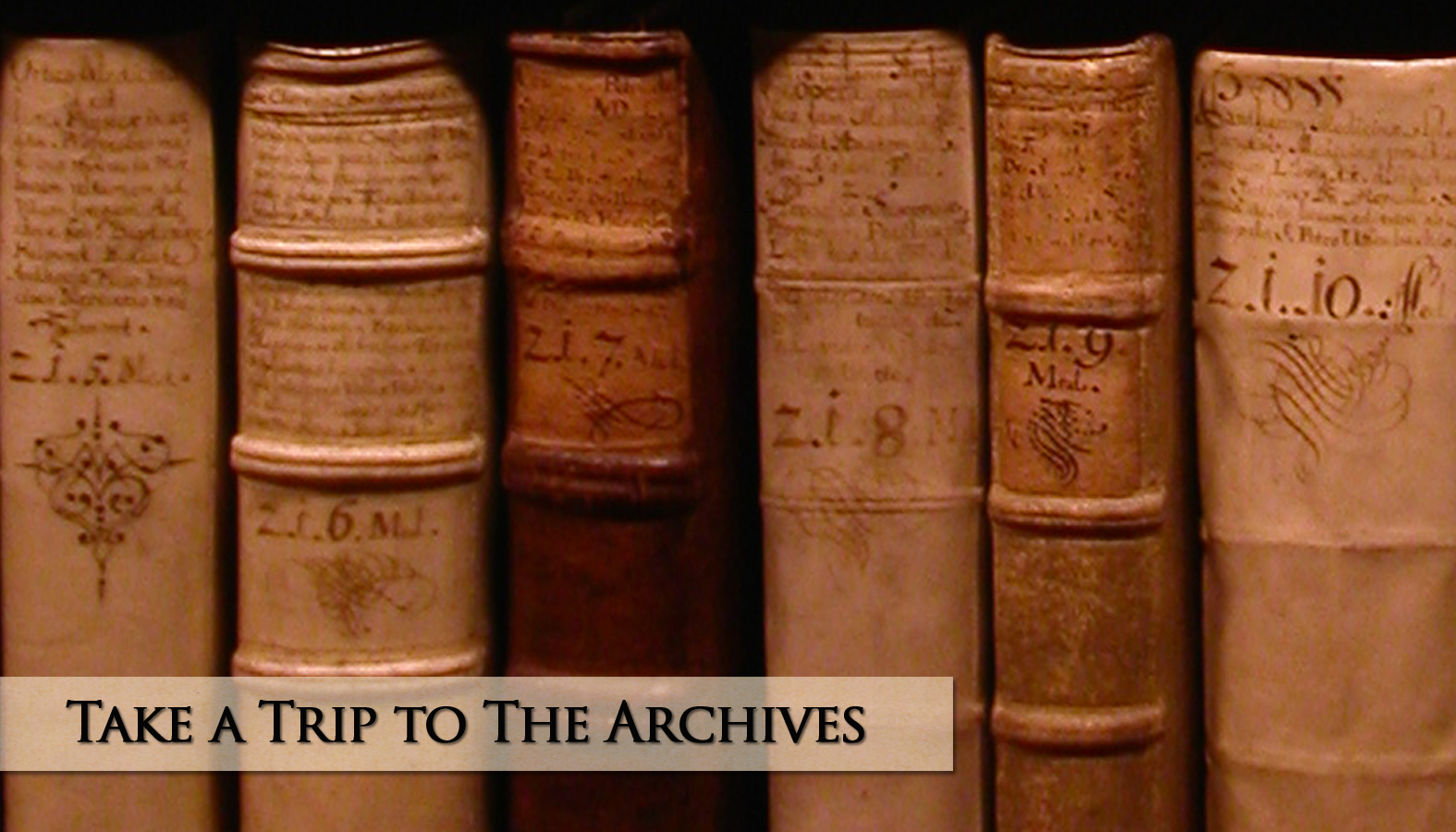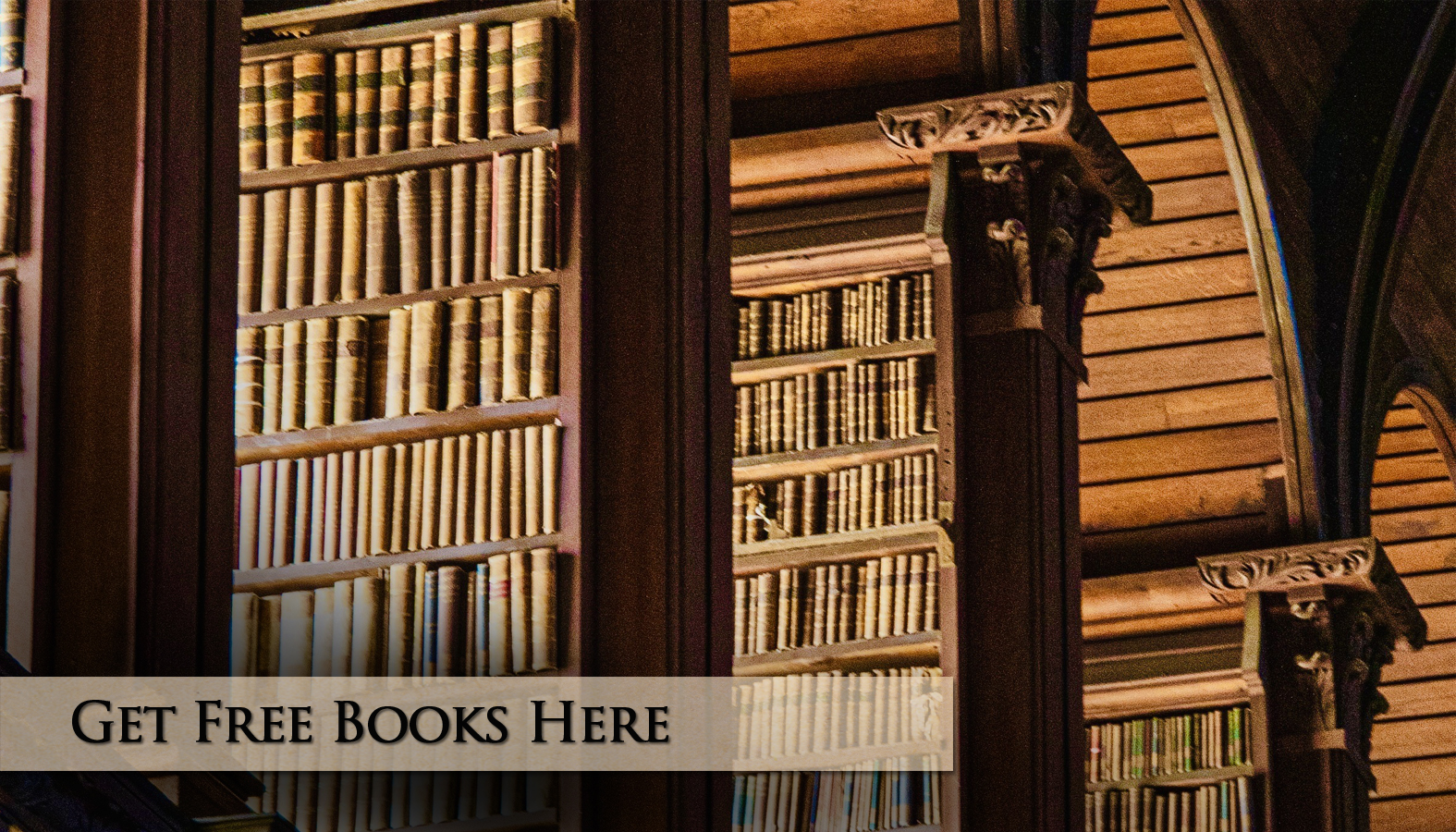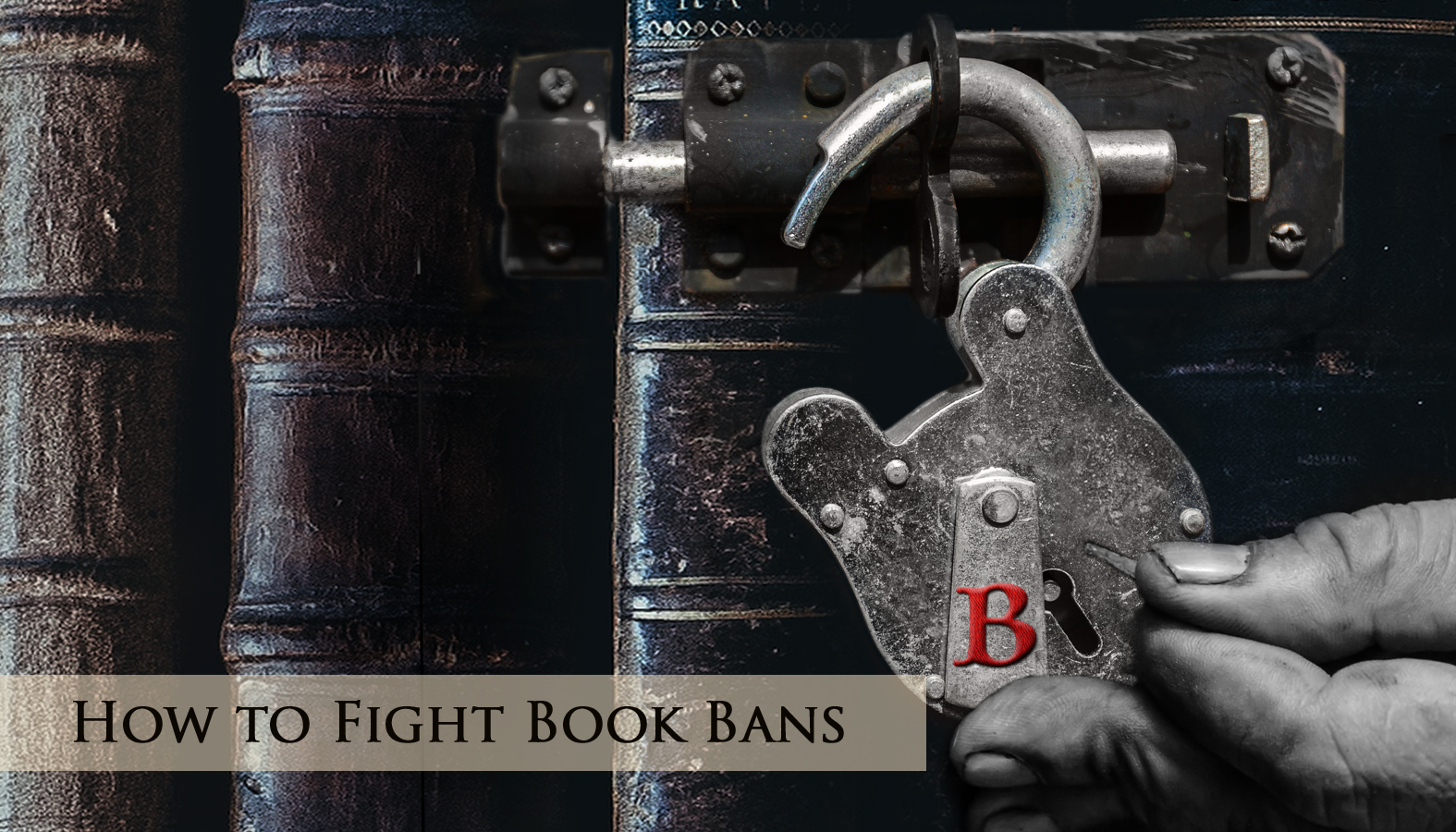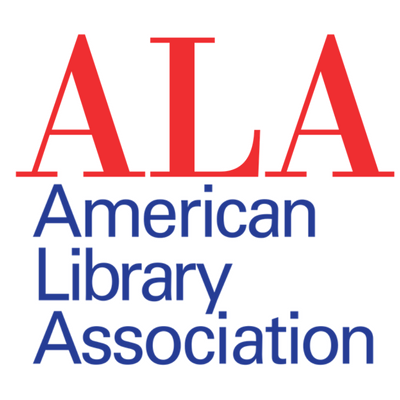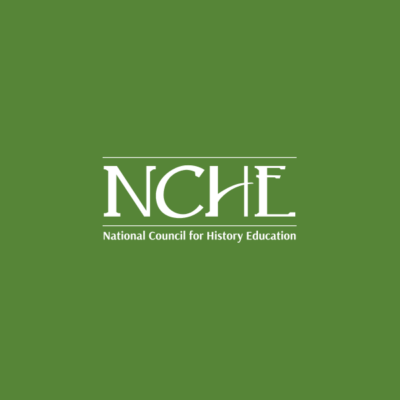Power of Books Author Series: Edward Underhill
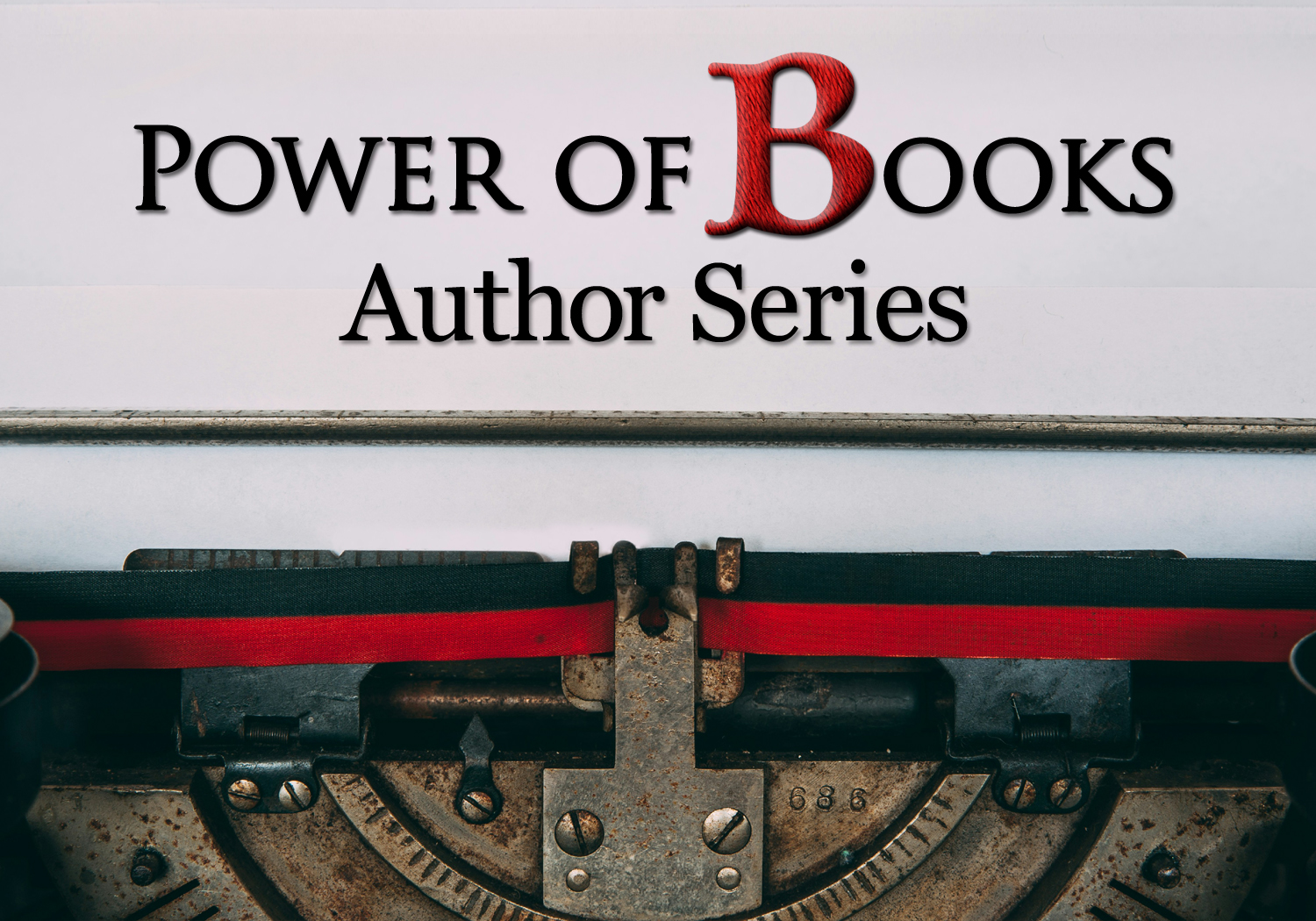
![]() I
I
n this edition, we chat with Edward Underhill, author of Always The Almost and This Day Changes Everything. We talk about the importance of LGBTQIA representation in books and media, and joy as a form of resistance.
Our freedom to read has been under assault for what seems like an eternity. And, the books being banned are consistently those of marginalized voices. Books with diverse characters, primarily characters of color and LGBTQA+ characters were overwhelmingly targeted. And continue to be.
And, the books being banned are consistently those of marginalized voices. Books with diverse characters, primarily characters of color and LGBTQA+ characters were overwhelmingly targeted.[1] And continue to be.
Throughout this collection of conversations with authors, we talk about the power of books, and the question of why it’s important for stories containing characters that have diverse backgrounds and life experience to be told.
In considering this vital question, we also touch on the dangers of restricting or erasing these narratives – what damage is being done when books about diversity are banned and reading is restricted?
Needless to say, each of the authors in this series brings s different perspective and life experience to the conversation, adding nuance and depth to the combined answer of why it’s important for stories about diverse lives to be told… as well as the dangers that arise when they’re expunged from our national discourse.
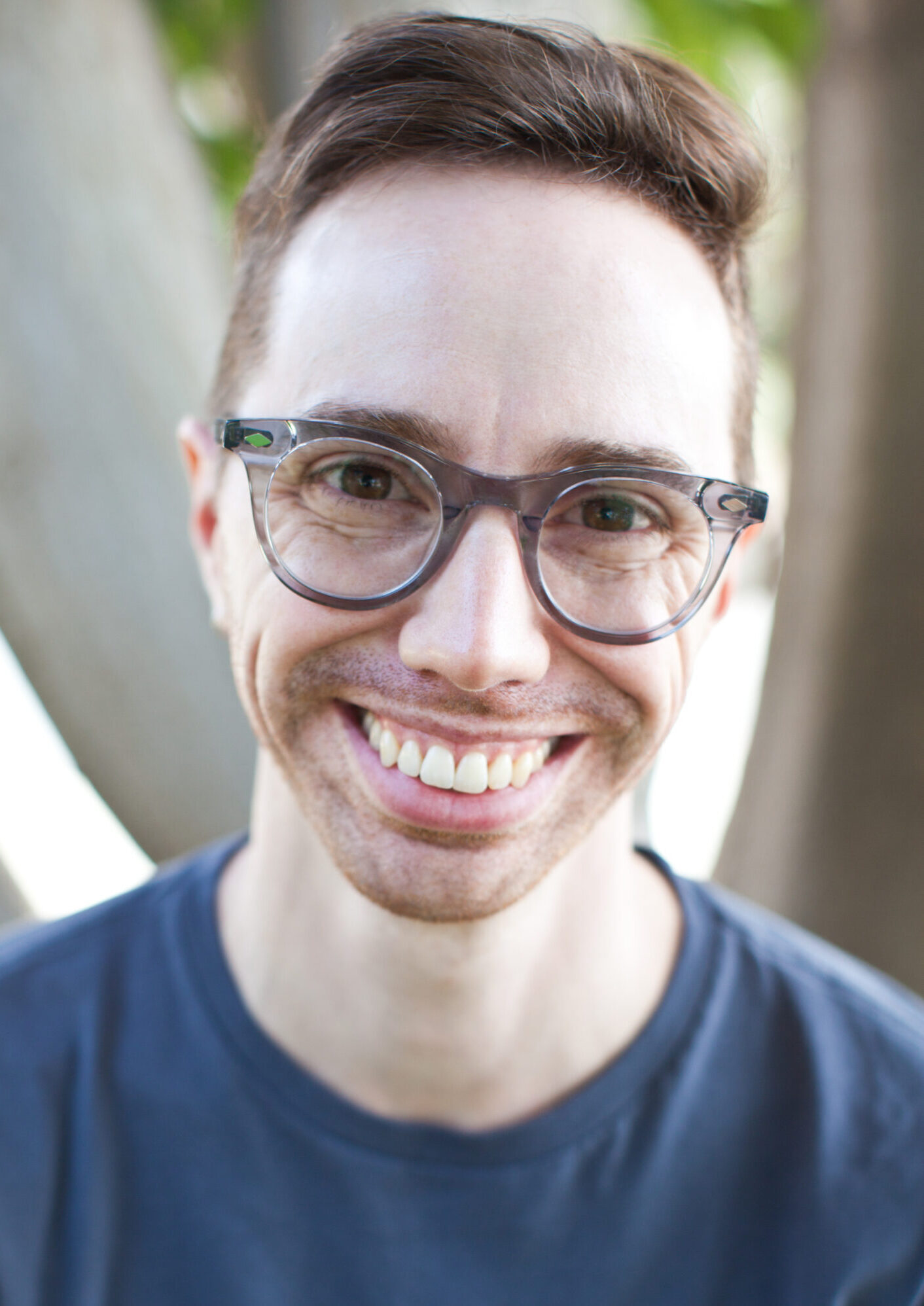 Edward Underhill (he/him) is a queer trans man who grew up in Wisconsin, studied music in Ohio, and spent several years in NYC. He currently lives in California with his partner, where he writes music and stories. As a queer trans man, he is passionate about representation both on the screen and on the page.
Edward Underhill (he/him) is a queer trans man who grew up in Wisconsin, studied music in Ohio, and spent several years in NYC. He currently lives in California with his partner, where he writes music and stories. As a queer trans man, he is passionate about representation both on the screen and on the page.
He is the author of the young adult novels Always the Almost — which released in 2023, was an Indie Next pick, a YALSA Best Fiction for Young Adults pick, and earned a starred review from Publishers Weekly. His second novel, This Day Changes Everything, has earned starred reviews from Booklist, School Library Journal, and the Bulletin for the Center of Children’s Books. His adult fiction debut, The In-Between Bookstore, is forthcoming from Harper Collins in early 2025.
![]() .
.
Trans and queer folks deal with plenty of Not Joy in real life: the recent slew of anti-trans legislation, an ever-growing pile of banned books, online trolls, op-eds that question whether our identity is just a trendy fad (*insert facepalm here*). So, I wanted to write a story with a happily-ever-after. I wanted to write a story about all the other stuff that’s part of being trans and queer. The fun stuff, like finding your first suit, or looking in the mirror and seeing yourself. And the stuff that’s just about being a human in the world…” — Edward Underhill
.
I know you have a lot going on, with the run-up to the release of your second book This Day Changes Everything and all. So, thank you for taking time to talk to me.
Given that my website is about pushing back against the book banning we’re seeing so much of these days, my questions will be primarily through that filter. I’m sure you’ve probably been asked some of them before. But, some issues are so important that they simply can’t be addressed too often, or from too many different perspectives. And, the skyrocketing number of books being banned is one of them.
Why do you think it’s so important for books like the ones you write to be out there and accessible, books that speak to the topics you address?
![]() .
.
I think about this through a very personal lens – because growing up where I did and when I did, in Wisconsin, I still remember the first time I found a queer book in an independent bookstore. I had never seen a book like this in the library. I had never come across one in a bookstore before either. There just wasn’t that much out, since the queer book boom has really only been post-2015 or so in the younger space.
It was a book about a gay boy and it took place in the Midwest. And I was not a gay boy. I did not realize I was trans at that point, but seeing something queer, I connected to it without necessarily understanding why.
It was set in Minnesota, and I grew up in Wisconsin. The fact that it took place somewhere that was immediately recognizable to me, and was basically saying, “oh yeah, these people exist here too” was huge. I literally had no language to understand why I felt wrong the way I felt wrong. I was lucky to go to a college where I met people who were able to give me more books, and help me figure out more things.
Whenever I see people trying to take books away from young people – whether they’re by BIPOC authors or queer authors — that’s always the first place my brain goes. Because, we really lose something when we’re not giving young people a frame of reference to understand themselves through fiction. Which is what a lot of us do with fiction, whether we’re from a marginalized group or not. We’re looking for some kind of lens to better understand our world through fiction.
And when a lot of the media you see isn’t representing your own experience, the only message you get is that you fundamentally don’t belong in this world. So, just remembering the difference it made to find this book that at least exhibited some kind of queer identity allowed me to say, “no, actually there is a place for you to exist. And not just in the wider world, but in the kind of place you’re growing up in.” I think that’s really important.
.
Absolutely. And, thank you for writing the books you do. Not only because they’re fabulous stories, but also because it carries more weight coming from someone who has lived your experience than if I speak to such issues. I may be able to understand intellectually, but there are nuances I will never see. And as a result, I’ll never be able to do the topic justice. So, thank you for taking the time to talk with me about this very important subject.
![]() .
.
One of the first things I remember doing after I came out as trans, was to Google for trans adults having careers and living their lives. I wanted to know that there was a quote-unquote “normal” existence out there that was available to me. I want to be able to show through fiction that, yes, you can exist as a trans or queer young person and be just fine. But it also matters to me that I’m out there doing this — to show that you can be an adult as a queer and trans person, and be fine, and figure things out.
.
So, thank you for communicating a message that I am simply not equipped to convey. Which is why I ask all the authors in this series the question about why it’s important for books like the ones they write to be out there and accessible — because it’s the question.
Flipping that question on its head is equally important. So… what are the dangers of squashing that availability?
![]() .
.
The most depressing answer to that question is that already in the world — I can’t remember the exact statistics, but already for queer youth, and especially for trans youth, there’s a very, very high risk of suicide. So, to me, that already comes from feeling like there must be something fundamentally wrong with you, and that there isn’t a space for you to exist in this society. That is one of the dangers when you take away books that convey a positive image of queer and trans youth.
This goes hand in hand with all sorts of attacks we’ve seen on queer rights. That it’s not just about book banning, it’s also about things like the “don’t say gay bill.” It’s all related because it’s all trying to take away language. And, language is how we make sense of the world and make sense of ourselves. So, when you don’t have language to understand who you are and how you can fit in with the humans around you, that’s a huge loss.
Before I was able to find that language, I was incredibly depressed. I just felt like there’s something going on with me that no one else around me seems to be dealing with. But, by and large, that’s actually not true. I think there are probably a lot more queer people around me than I realized. But, when you have that environment of trying to take away that language, you’re trying to ban these books, you’re basically trying to fundamentally make it unsafe to exist in an out way.
Because you’re communicating to kids that this is bad. This stuff is dirty, we don’t talk about this stuff at most. Maybe you can learn about it when you’re a grownup, but there’s something wrong with it that we need to keep from you. And that message is continuing to make sure we Other a specific group of people.
And, if all you are absorbing as a young person growing up is that you are one of those Other people, you are undesirable in some way, then you basically have nothing but terrible choices. You can either try to ignore this fundamental part of you in the hopes of fitting in with what society has deemed an acceptable way to be a human. Or you don’t. And then, you feel like there isn’t room for you.
You feel like you’re never going to fit-in in the way you should. I realize that’s a rambling answer, but I really do feel like it’s all related. And that, every harm that’s done by a piece of it is all the same harm. That’s the flip side. This stuff is so bad because it’s all coming from the same message of, “this isn’t the right way to be a human. And you will face consequences if you’re not doing what we’ve decided is the right way to be a human.”
.
Well, it’s a complicated question. So it deserves a thoughtful, in-depth answer, which is really what I’m looking for. Because that’s where the nuance, details, and experience you bring to the subject come in.
![]() .
.
This stuff is complicated. And it is nuanced. I’ve been doing my own learning, in seeing all this stuff start to happen more. Being a published author, and so much more aware of it from that perspective, I see all these little things happening. It took me a while to put together for myself the ways in which they’re all related and all communicating the same message.
.
Right, and that’s the thing. They are related. But if they’re presented as being separate – which they have been – it’s easy to disregard them. Once again, that’s why these questions can’t be asked too often. Because the book banning over here, and the squashing of diversity programs over there, are related. There is a disturbing thread that runs through all of it, the results of which are indeed bleak and depressing.
Which brings me to a point you made at an earlier event about joy being a form of resistance… unpack that, what do you mean by that?
![]() .
.
I’ve been writing for a long time, but I think something fundamentally changed about the way that I approached it after 2016. It was partly that I was working in a very different career at the time. I was working in music. And I was by and large around fairly liberal folks, but it was a very white male dominated industry. It was a lot of people who didn’t know I was trans, and sort of thought they didn’t have to worry about these issues because they didn’t know anybody who was affected by them. So, I started coming out a lot more at work. And, in doing that, I decided I wanted to get back to writing and try again to publish a book.
I sort of wrote “Always The Almost” out of spite – which is a funny way to say that I wrote a joy book. But, I just wanted to be like, “no, you don’t get to take this part of myself away from me.” And it’s the part that’s not just about how I exist within or in opposition to cis society, but how the way I exist is a whole identity in and of itself.
And it doesn’t need to be set up in comparison to this other thing. It matters. It is full of so much nuance and joy by itself. So a big part of writing “Always The Almost” was trying to think about these aspects of both being a trans person, and also just being human that are really joyful and fulfilling. Outlooks that are not set up as – and I don’t like putting it as – “we can be happy anyway.”
We can be happy. And it’s the cisgender society that, you know, is causing all of this trouble for us – it’s their problems. Of course we have to deal with that. Of course we have to try to find various ways to fight back. But the idea that societal expectations dictate every way I have to emotionally react to things, I just don’t go for it.
So to me, that that’s where joy as a form of resistance comes in. I think the first thing people who are banning books, the people who are trying to legislate trans existence, the first thing they want to do is make it hard to be a whole person existing in public life this way. That, to me, is basically saying, “I want to take your joy away. I want to make this hard, and uncomfortable, and difficult for you.” So to me, a very important form of resistance is saying, “no, you don’t get to do that.” I maintain my right to have this joy, even if I also have all these terrible feelings about what’s going on in the world.
Then when I wrote “This Day Changes Everything” I wanted to focus that book much more on all the little ways the world kind of comes at you for being a trans or a queer person in the places like Leo and Abby exist most of their lives, which are in small towns. And then, the two of them together in New York City, which is a place that gives them room to be as queer as they want. They are basically able to create a bubble, just the two of them being able to be their whole, nuanced, complicated, and joyful selves without worrying about what the wider world thinks of that.
I also, in a very simple way, wanted to write that because being a trans and queer person is hard enough on a day-to-day level. I don’t want to read about how hard it is. It’s a personal preference. It’s important to have the trauma books out there… it really is. But I also wanted to write a story for the young people who may be in some of those places like where I grew up. An escape that isn’t ignoring how hard reality is, but is saying you get to be a whole joyful, interesting human in spite of all of that goes with living your own life.
.
The two books seem to bookend each other. You said with Always The Almost you wanted to point out that trans and queer people don’t only live in big cities. And with This Day Changes Everything, that the big city then allows this couple of kids to just be for a minute. So, they’re a nice pair.
During a panel on African American authors at a conference I attended, one gentleman noted that he frequently hears lamentable sentiments like, “I know slavery was terrible and racism continues to exist, but we’re so tired of it being dredged up.” And, that this kind of trauma exhaustion starts to work against the cause of justice and equality. So, he did the same thing. He wrote a children’s book about civil rights leaders that focuses on the inspirational. With stories and poems about who they were, and their diverse and equitable vision for the world. So yes, joy is absolutely a form of resistance.
![]() .
.
And especially for queer narratives. Up until recently, it was basically expected they would end in tragedy. If you wanted to write about a queer person, for example, or you want to write about a queer couple, it was ultimately going to be an unhappy ending. And, I definitely didn’t want to go there. I want to give you the happy ending.
Because, even though those narratives are important and that is sometimes reality, it’s also like what this person was saying on that panel. You run the risk of that being the only narrative out there. Then you’re accidentally communicating something really damaging to young people – which is, that your whole existence is going to be a fight and it’s probably going to end up unhappy.
And, at least for me personally, I cannot keep going if that’s the only narrative I have in my head. I need the other narrative. Which is, that there are ways to expand and take up your community, and also find your joy. That these two things can exist simultaneously.
.
I also really appreciated what a significant role the arts play in your books. Specifically, music of course, but also Eric’s drawing – because the arts are taking a hit these days too. And I love that it’s the music teacher who drops all the life-changing wisdom. Can you talk about your decision to do that?
![]() .
.
I don’t like saying that anybody in my books is based on a real person, because they aren’t really. They absolutely become whole characters of their own. But, a lot of the things Stefania says did originally come from my cello teacher in high school. Not so much the stuff about identity, but some of the things she says about the ways people are always going to judge – say a small woman – differently than a tall dude playing the piano. I was a cellist, so she was talking about my cello, but she said that and I think it was completely true. And then, the thing Stefania says to Miles near the end… that this could be the best time you ever play it. As if to say, “why are you putting narratives in your own head about how things are going to go wrong? This could be the best time you ever play it.”
She literally said that to me before a concert. And, of course, in that moment she was just talking about that particular narrative – about how I’m going to mess up this piece of music. It felt really important to put that in the book because it’s about that moment before the concert Miles has to play.
And it can easily be applied elsewhere, you have this internal narrative that things are going to go wrong, I’m going to mess up. But, what if you exchange it for a different narrative – because you have more control than you think you do. You can change things, and write your own narrative. Which is what Miles is doing. So, a lot of the things Stefania says were just like the truth bombs my cello teacher dropped, and I felt very, very grateful for them.
.
And I found it interesting that, as much as everyone else around Miles tried, it was the artist who opened all those life-changing, life-affirming doors. So that jumped out at me, because the importance of humanities is my proverbial soapbox most broadly, though I’m coming at it by way of pushing back against book banning.
![]() .
.
Yeah. There’s this argument that we need to preserve music education in schools because if you study music, you’re more likely to do better on these standardized tests. And it drives me nuts. Because to me, you study music or the arts because that’s how you make sense of your world. It’s how you express yourself.
I think part of why I really wanted to make this book about artists and musicians was because, certainly for me as a young person, that’s how I expressed all this stuff I did not have language for at the time, and I did not know what to do with. But this was a way I could just exist, and feel like I was enough. I was exerting some control in a world that didn’t feel totally in my control at that time. So, I love being able to portray the arts just for their own sake. And, for everything you can express and learn about yourself as a human through them, and not so much about whether it’s going to make sure you get into a good college with a good SAT score.
.
School is about more than just getting a job, but sadly, it’s been boiled down to that. Recently, the response to Humanities degrees has become “what are you going to do with that?” My answer to that question is “learn to be a decent human being, and better citizen of the world.”
There’s also the huge role Humanities play in learning to think critically. Because when you think critically, you’re not manipulated and fooled as easily. You’re not frightened into doing things like banning books that address diversity and social issues in order to “protect the children.”
When you learn to think critically, difference and diversity are no longer frightening. So, your life is going to be easier. It isn’t just marginalized groups who benefit from empathy and understanding. Everybody wins.
![]() .
.
The other thing that drives me up the wall with the whole “think of the children” argument is that… as somebody who’s now met a fair number of young people because of writing this book, they are so much smarter than people think they are. They know exactly what’s going on. They see right through this B.S. And, they know exactly what they’re losing when this stuff happens. So, my response to this argument is “the kids know way more than you think they do.”
.
They do. And, they’re dealing with all of these sensitive topics. Don’t pretend they’re still playing with alphabet blocks – because they’re living these issues. One more question to wrap up our conversation on a joyous note. It’s another one I’m certain you’ve been asked before. But, again, it’s important enough to be repeated. Do you have any advice for trans kids?
![]() .
.
Oh gosh. I don’t even know if there’s a way to give advice that isn’t going to sound pat, because I really don’t want to downplay just how hard and horrible things are. I had no language to understand who I was, because this identity wasn’t as known and in the mainstream as much as it is now. I also didn’t have the New York Times writing op-eds about my identity every single week. So, I can’t imagine how much harder it’s gotten.
But the thing I just keep thinking is “keep existing” whatever that looks like for you. If that’s “you can’t be out yet, and maybe you’ll get to be out in a few years”… It sucks. But, do that. If it’s, “I’m sort of going stealth.” If it’s, “I can be out around some friends and not others.” If it’s, “no, fuck it, I’m going to be out” – excuse my language – “I’m going to be out loud and proud and everyone around me just has to deal with me.” Or, if it’s, “I live in a community that makes room for this, so I’m going to take up that room,” it’s all valid.
The most important thing is to keep existing. Because the thing I’ve been working on communicating to some of my cis friends ever since the wake of the 2016 election is, “you guys have no idea how much different that moment looked for cis communities than it did for trans communities.”
In that moment, trans communities saw a lot of what was coming and were freaking out about it. We were offering each other bits of advice about how to get your documents, and how to get everything in order as much as possible, to try to be safe.
I feel like the good thing is that there are more of us than I was certainly aware of when I was in high school. And by more of us, I mean folks who are in their twenties, thirties, forties. The good part about that is there are so many more people here ready to do the hard stuff. So, if you are a trans young person, you don’t have to do the hard stuff. You just have to do the existing part until you can get to whatever you need, to be more okay. But the rest of us got you. And, we’re working to do the hard stuff, so hopefully by the time you get to where you need to be, it’ll look a lot better than it is now.
.
Well, thank you for being so open with your answers. We talked about some pretty deep questions, but that’s rather the point. Because the more positive information we get out there the better.
![]() .
.
Yeah, it’s all good stuff to talk about. One of the wonderful things about publishing these books that I never expected is just how many people haven’t cared at all that I’m trans. I was absolutely expecting to get some backlash, like “you’re a groomer, what are you doing to kids?” All that bad stuff.
But the joyful flip side was the number of people who have been huge allies, the number of kids who have just loved this book. I’ve gotten things from kids like, “my friend is trans. So I wanted to read this book for them.” It’s amazing to see that kind of empathy. And it’s been a nice reminder that I’m not by myself doing this.
.
Yeah. There are lots of allies out there. Sometimes it’s hard to know that. The adversaries are so loud, and take up so much oxygen, it’s difficult to remember. It makes my head explode on all kinds of levels. Which is why I’m taking on book banning. It’s something I can do to push back.
![]() .
.
Yeah. It was amazing to be at the YALSA (Young Adult Library Services Association) Symposium, and see all of the people doing this work. I have so much respect for it. I appreciate it so much. It means a lot.
Thanks for the work you’re doing as well. And for taking the time to talk with me. And, needless to say, congratulations on YALSA listing Always The Almost among the best fiction for young adults in 2024. As well as the recent release of This Day Changes Everything.
Be sure to see what the other authors in our Power of Books Series
have to say about the importance of books:
Federico Erebia,
author of Pedro & Daniel
Dr. Michael Datcher,
author of Harlem at Four
Jamie Jo Hoang,
author of My Father the Panda Killer
Ryan Estrada,
co-author of Banned Book Club,
and Occulted
.
And for all you educators, download these discussion guides for
Always The Almost, and This Day Changes Everything.

#Power of Books Author Series #Pride Month #LGBTQ+ authors
#Benefits of the Humanities #The Art of Reading
Share This Post, Choose a Platform!
Endnotes:
[1] Bruinius, Harry. “Banning Books: Protecting kids or erasing humanity?” October 6, 2023. The Christian Science Monitor. https://www.csmonitor.com/USA/Society/2023/1006/Banning-books-Protecting-kids-or-erasing-humanity
Rado, Diane. “In 2024, more censorship and bans: FL, TX removing large batches of books in public schools.” December 21, 2023. News From The States. https://www.newsfromthestates.com/article/2024-more-censorship-and-bans-fl-tx-removing-large-batches-books-public-schools
Unite Against Banned Books 2023 Censorship Numbers.
Images:
Power of Books: Photo by Glenn Carstens-Peters on Unsplash Edited: Added Power of Books Author Series text.
Edward Underhill: https://www.edward-underhill.com/about
Cover of Always The Almost, and This Day Changes Everything
FYI:
This Book is Banned participates in the Amazon.com affiliate program, where we earn a small commission by linking to books (but the price remains the same to you). This allows us to remain free, and ad free. [Our privacy policy]

